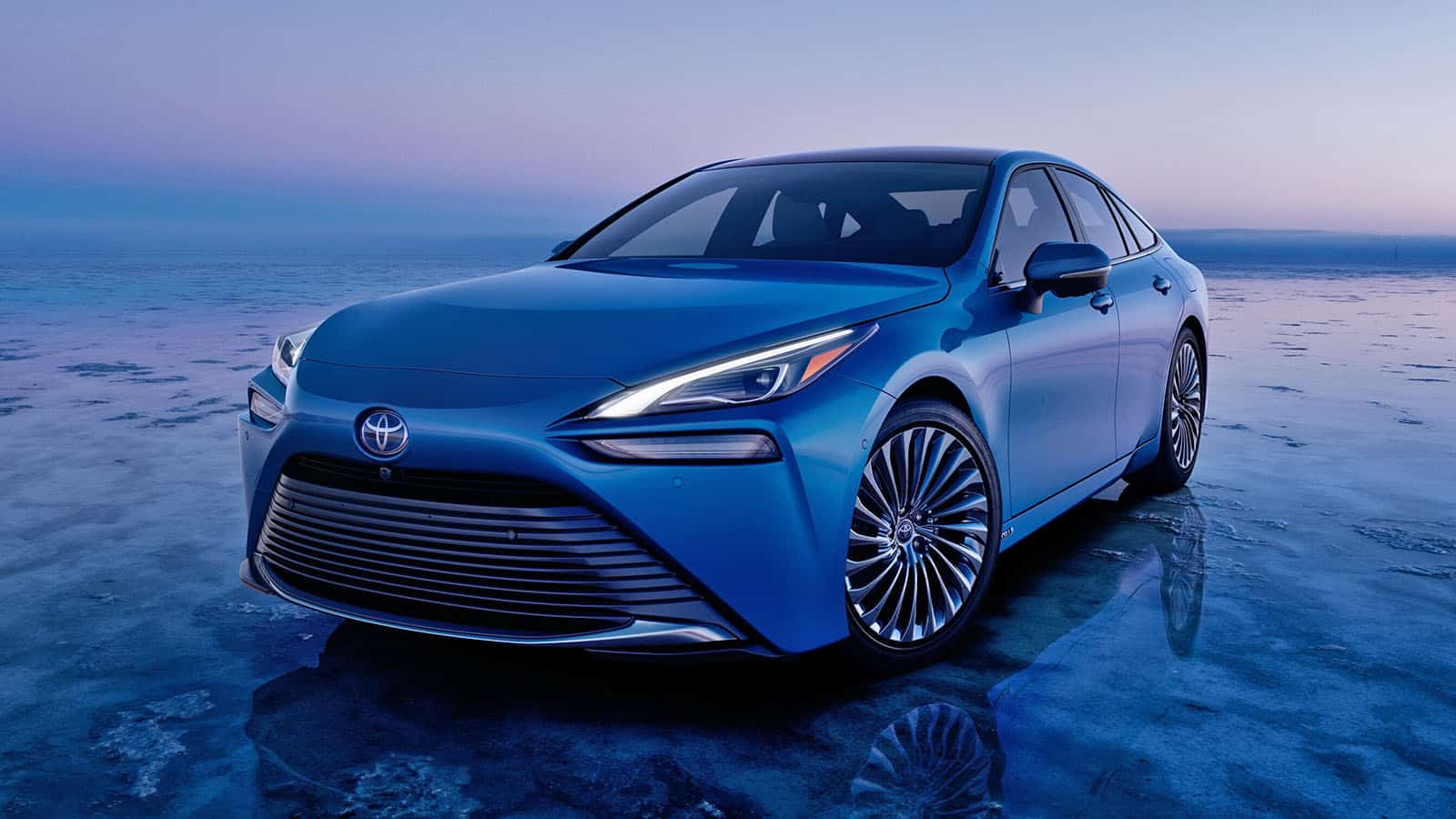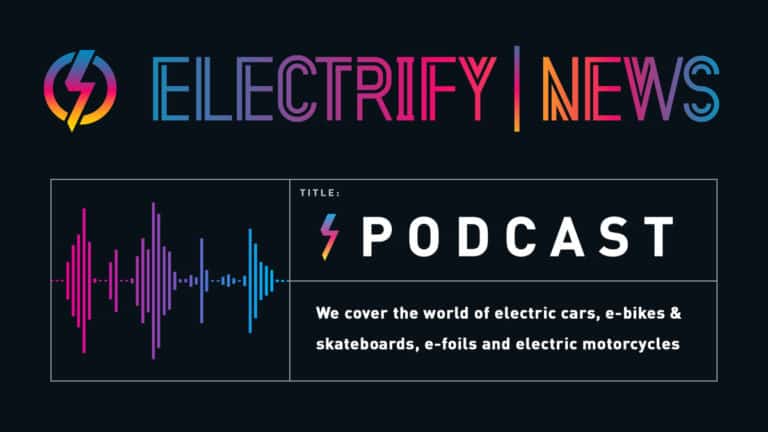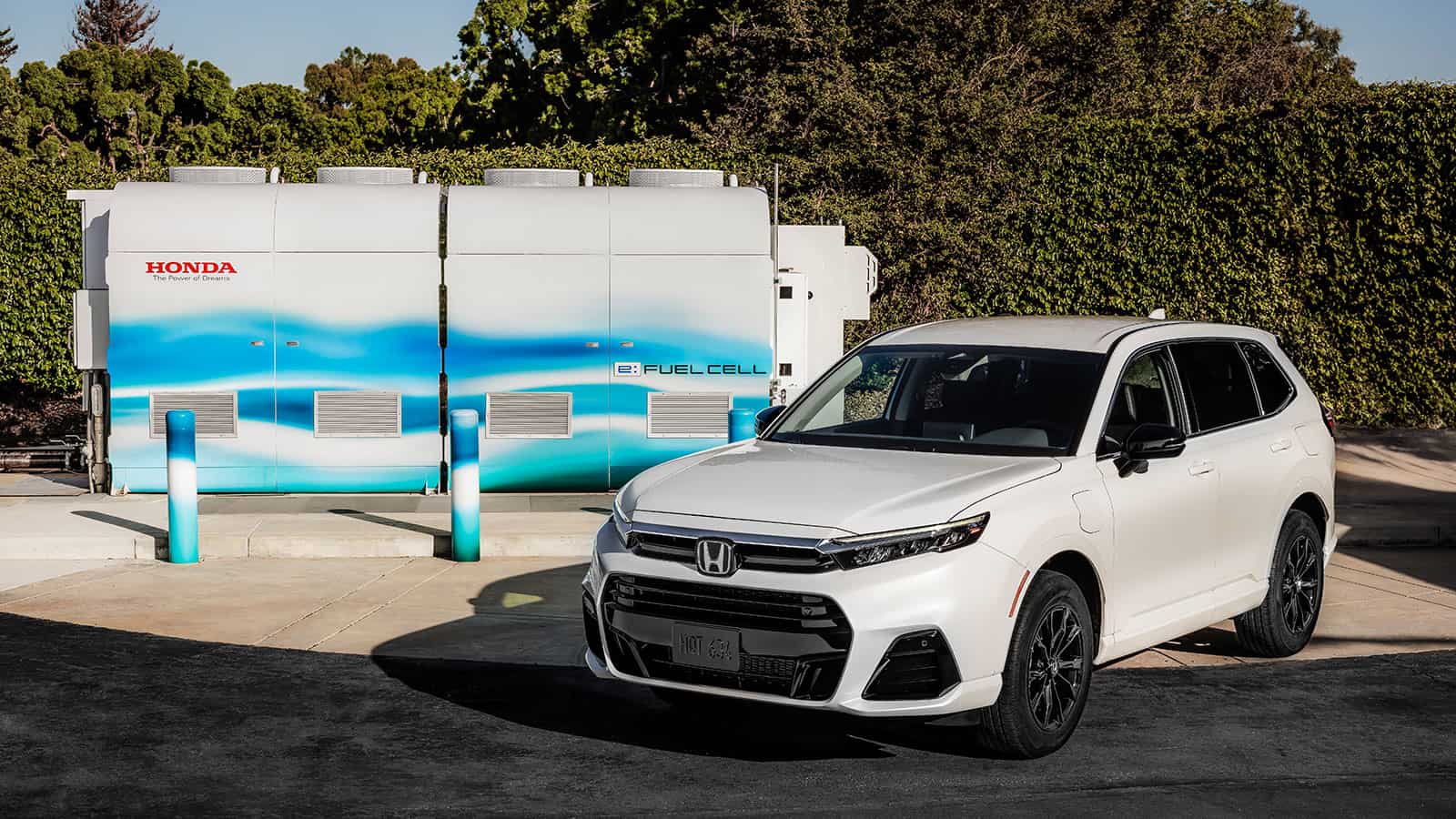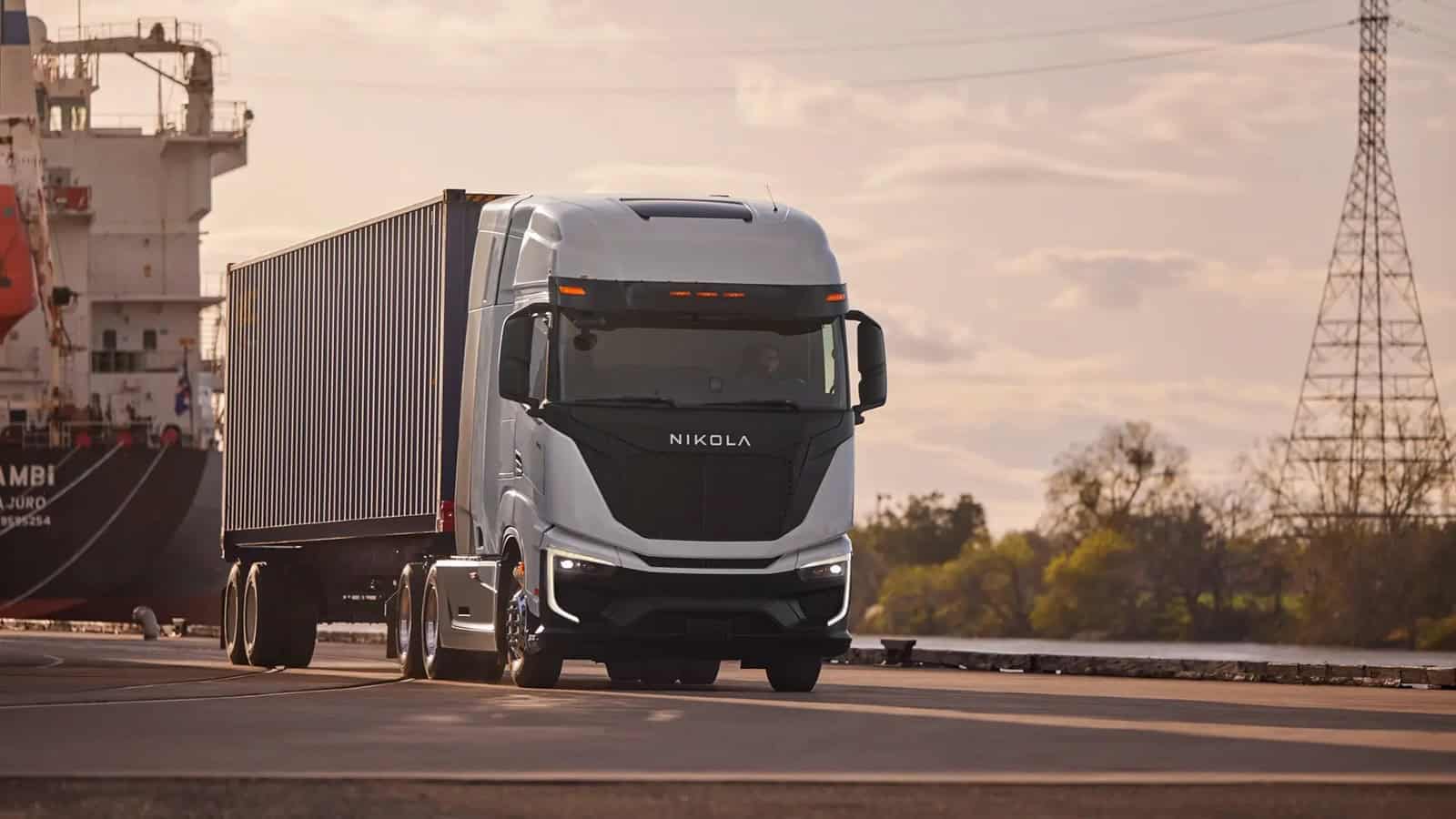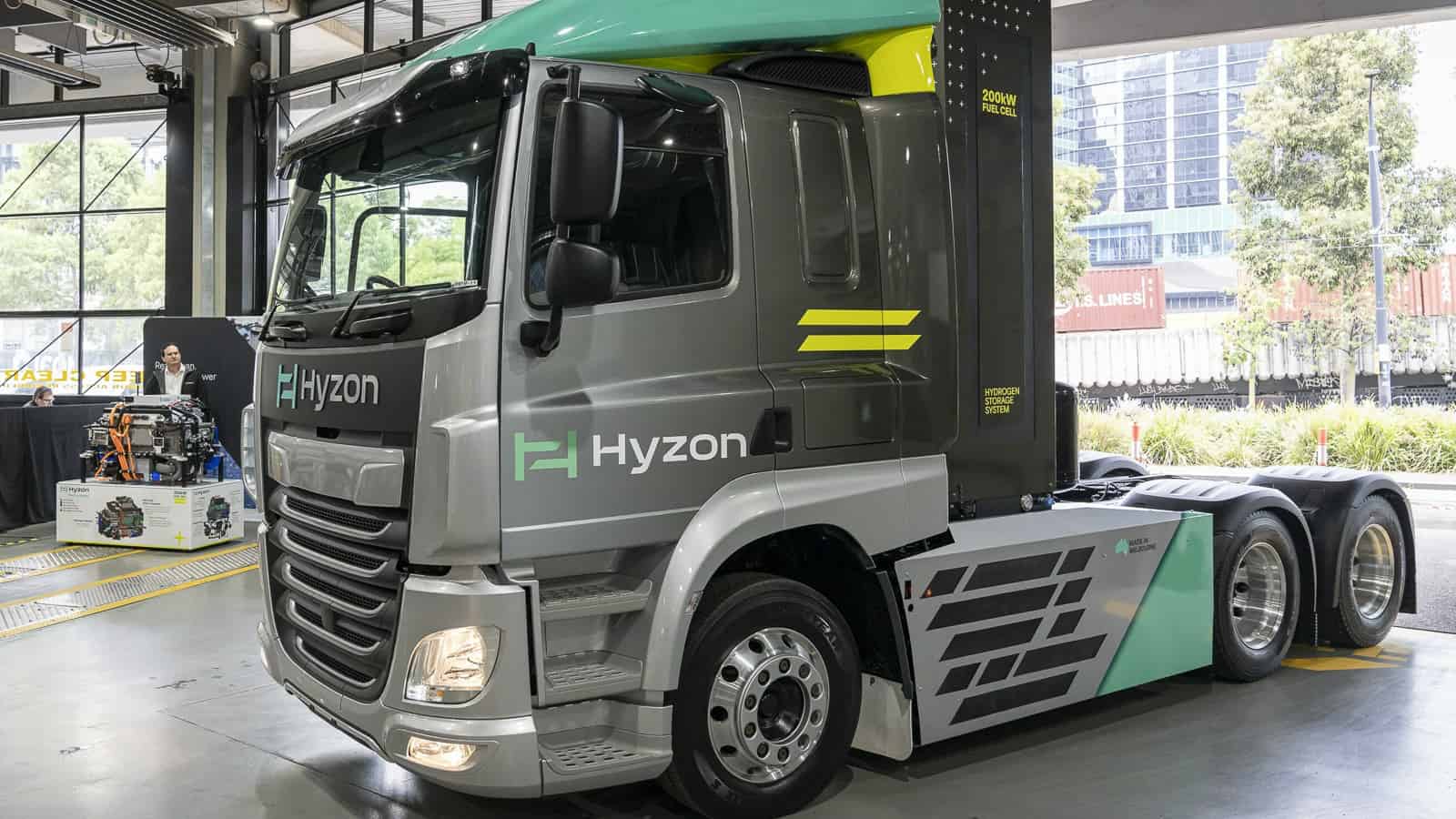Hydrogen fuel cell vehicles have lots of fans in the heavy trucking space, and that popularity is set to accelerate HFCV growth.
The “Hydrogen Fuel Cell Vehicle Market: Global Industry Trends, Share, Size, Growth, Opportunity and Forecast 2022-2027” report has just been published, and shows that the global HFCV market size reached US$ 740.1 Million in 2021. Looking forward, the publisher expects the market to reach US$ 8,535.23 Million by 2027, exhibiting a CAGR of 50.31% during 2021-2027. Keeping in mind the uncertainties of COVID-19, we are continuously tracking and evaluating the direct as well as the indirect influence of the pandemic. These insights are included in the report as a major market contributor.
Hydrogen fuel cell vehicles (FCVs) are electric vehicles (EVs) that use an electric motor to power the wheels instead of an internal combustion engine. They comprise battery, battery pack, direct current (DC) converter, electric traction motor, fuel cell stack, fuel filler, fuel tank, power electronics controller, thermal system, and transmission. They rely on hydrogen (H2) gas in the fuel tank of vehicles and oxygen (O2) in the air to generate electricity with water and heat as byproducts.
Hydrogen Fuel Cell Vehicle Market Trends
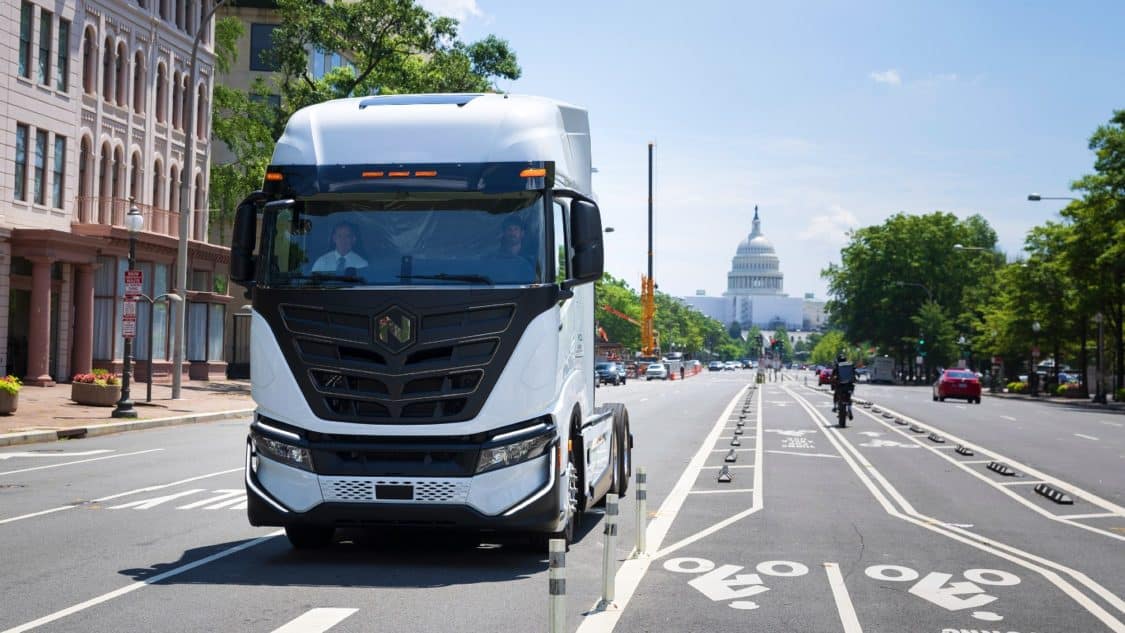
Rising awareness among the masses about the benefits of using hydrogen FCVs represents one of the key factors driving the market. Besides this, governments of several countries are undertaking initiatives to develop hydrogen fuel cell infrastructure. They are also promoting the use of hydrogen FCVs to reduce greenhouse gas emissions, which is contributing to the growth of the market.
In addition, there is a rise in the demand for fuel-efficient vehicles due to the inflating prices of petrol and diesel across the globe. This, along with the depleting fossil fuel reserves, is catalyzing the demand for hydrogen FCVs. Moreover, key market players are extensively investing in research and development (R&D) activities to introduce enhanced fuel cell trucks and hydrogen fuel cell-powered buses to transport passengers, which is positively influencing the market.
Apart from this, there is an increase in the utilization of HFC technology that offers powertrains that do not emit harmful pollutants, such as nitrogen oxides (NOX) and particulate matter. This, coupled with the burgeoning automotive industry, is propelling the growth of the market. Additionally, the rising development of hydrogen fuel cell infrastructure is offering lucrative growth opportunities to industry investors.

SOURCE | IMAGES: RESEARCH AND MARKETS.
FTC: We use income-earning auto affiliate links. Learn more.


